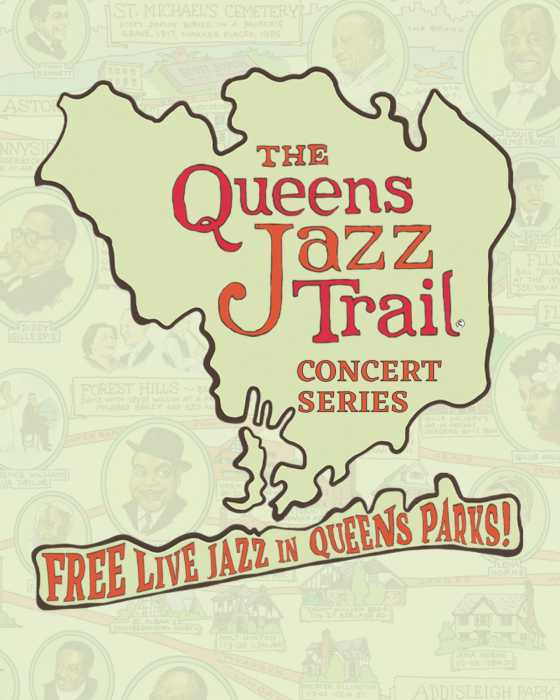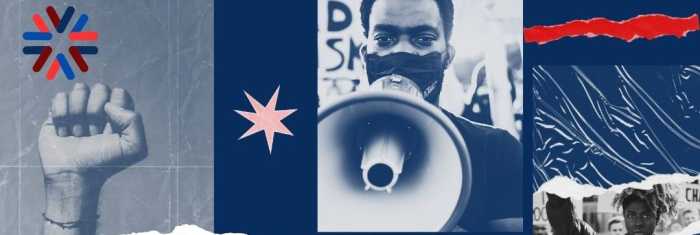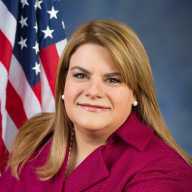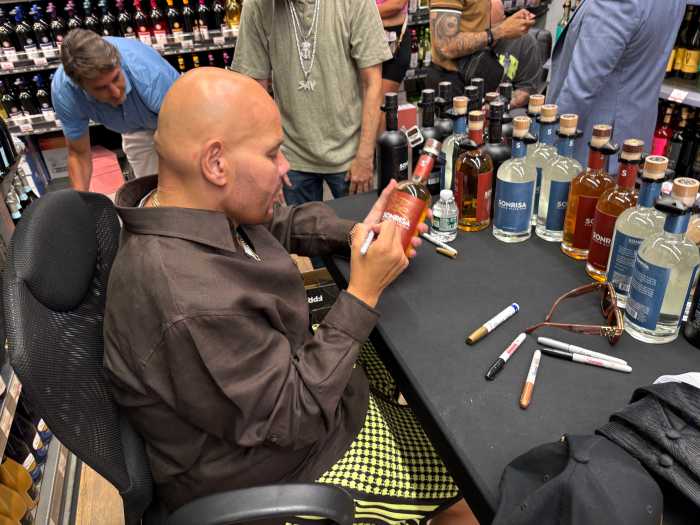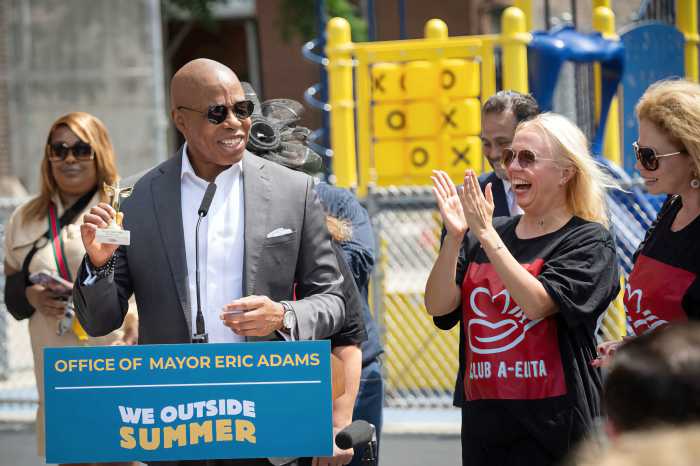Fed audit, top official's firing, pride fest fizzle at People of Color in Crisis.
By: DUNCAN OSBORNE | A leading AIDS group that serves African-American gay and bisexual men in New York City is being audited by the inspector general of the federal Department of Heath and Human Services (HHS), and its finances are being monitored by the state health department.
“There is nothing unusual about an organization being audited,” said David Watkins, board chair of People of Color in Crisis (POCC), the Brooklyn-based group that is being audited. “We actually encouraged it.”
The scrutiny of POCC's finances began on July 7, according to Michael A. Roberson, who was POCC's executive director until July 29, when he was fired.
“We had been having some fiscal problems at the agency for a while,” said Roberson, who worked for the agency for eight years and was the executive director for 16 months. “We had been having an audit for a while.”
Roberson said that the audit was spurred by charges from former “disgruntled employees” that agency funds had been “misappropriated or disallowed,” though he said later, “That wasn't official, that's what's being said.”
“He had no idea of what the findings were,” Watkins said of Roberson.
The vast majority of POCC's roughly $1.7 million budget comes from government sources and, like all agencies that receive such cash, the group must let funders look at its books on demand. Watkins said that the audit was part of the usual inspection that government agencies perform.
Fiscal monitoring is done to “ensure the appropriateness and accuracy” of an agency's books, though it can unearth “severe bookkeeping irregularities,” a state health department spokesperson wrote in an email.
The HHS inspector general's press office declined to comment, saying it does not discuss “audits that may or may not be pending before the agency.
“News of the ongoing audit and monitoring comes as POCC is being criticized for its handling of Pride in the City, an annual black Gay Pride celebration the group has produced since 2003.
Like many AIDS and gay groups, POCC's budget was being pinched by declining government and private support. The group cut back the scope of this year's event. The agency did not sponsor a beach party that has been held at the Gateway National Recreation Area in prior years, and it called off an arts festival.
The city parks department confirmed that the agency had obtained a permit for an August 2 picnic to be held at a Brooklyn park, but POCC canceled it on August 1, angering vendors who were never told of the cancellation and arrived at the park the next day.
“We do apologize for everything that happened with Pride in the City this year,” Watkins said. “We plan on coming back bigger and stronger next year.”
Creating further drama, Roberson was let go just two days before the August 1 opening of Pride in the City and one day before officials from the federal Centers for Disease Control and Prevention (CDC), an HHS unit, arrived to do a POCC site visit, giving the impression that circumstances there were so dire that Roberson had to be fired immediately. Watkins said Roberson's departure and Pride in the City had no connection.
“The two things aren't related,” he said. “We can't be concerned with how things appear.”
Roberson told Gay City News he offered to stay at POCC until after the pride event was over, but Watkins said, “I don't recall that.”
The cancellations and Roberson's firing are the subject of much Internet speculation, some of it wildly inaccurate, but they have also raised serious concerns among activists, who declined to be quoted.
The CDC reported on August 2 that new HIV infections among gay and bisexual men have been steadily increasing since the early '90s, while heterosexuals and injecting drug users saw declines. The agency also reported that in 2006 the infection rate among African-Americans was seven times higher than the rate among whites. These data strongly suggest that the rate in that group is being driven by new infections among African-American gay and bisexual men.
In 2007, the city's health department reported that new HIV diagnoses among young Latino and African-American gay and bisexual men were increasing.
POCC is one of less than a handful of New York City agencies or programs that specifically address HIV among African-American men who have sex with men. All of them are chronically underfunded and the loss or impairment of even one would be devastating.
“I think at the end of the day what's most important is that not that the agency survives, but it thrives because it's too important,” Roberson said. Watkins agreed.
“The board's intention is to make POCC a stronger and stable organization,” he said. “The CDC and the [state health department] are critical and important partners in that.”







